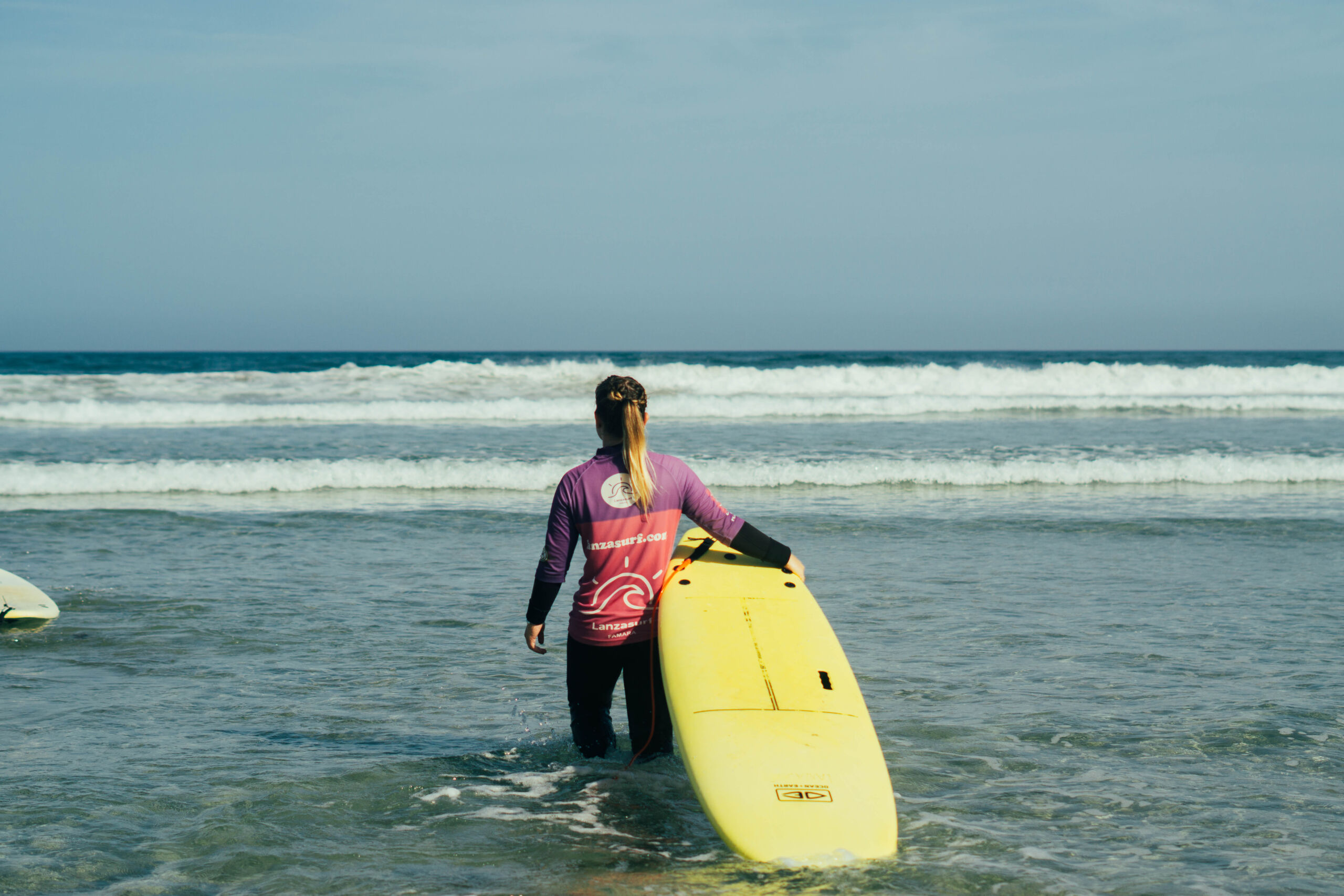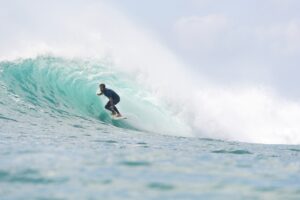
Surfing is a thrilling sport that requires skill, determination, and patience. Whether you’re a complete beginner or have some experience in the water, setting realistic goals can help you improve your surfing skills and achieve your desired outcomes. In this article, we’ll share some tips on how to set achievable goals as a beginner surfer and provide some examples of goals to help you get started.
- Importance of Setting Realistic Goals Setting goals is an essential part of any successful surfing journey. It helps you to focus on what you want to achieve and gives you a clear direction on how to get there. However, it’s important to set realistic goals that are achievable within your current skill level and physical abilities. Setting unattainable goals can lead to frustration, disappointment, and even injury.
- Assess Your Current Skill Level Before setting any surfing goals, it’s crucial to assess your current skill level. This will give you a realistic idea of where you stand and what areas you need to work on. Be honest with yourself about your strengths and weaknesses, and don’t compare yourself to others. Every surfer is unique, and everyone has their own pace of progress.
- Set Specific Goals When setting goals, be specific about what you want to achieve. Don’t just say, “I want to be a better surfer.” Instead, break down your goals into smaller, achievable steps. For example, “I want to improve my paddling technique,” “I want to catch more green waves,” or “I want to learn how to do a bottom turn.”
- Make Your Goals Measurable It’s essential to make your goals measurable so that you can track your progress. This will help you stay motivated and see how far you’ve come. For instance, if your goal is to catch more green waves, you can set a target of catching at least five green waves during your next surfing session.
- Time-Bound Goals Setting a deadline for your goals can also help you stay on track and motivated. However, be realistic about the time frame you set. Don’t try to achieve everything within a short period. Instead, break down your goals into short, medium, and long-term goals.
- Examples of Realistic Surfing Goals for Beginners Here are some examples of realistic surfing goals that beginners can set:
- Improve paddling technique to catch waves more efficiently
- Learn how to pop up on the board consistently
- Practice bottom turn on white water waves
- Improve balance and stability on the board
- Learn how to do a basic cutback
- Catch and ride unbroken green waves
- Increase surf session duration
- Surf in different types of waves and conditions
Conclusion: Setting realistic surfing goals as a beginner is crucial for your progress and enjoyment in the sport. Remember to assess your current skill level, set specific and measurable goals, and make them time-bound. Celebrate your achievements along the way, and don’t forget to enjoy the journey. Happy surfing!





